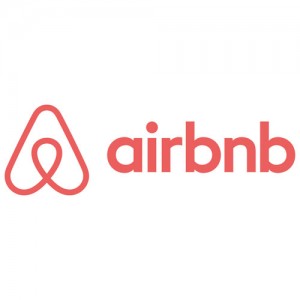An independent analysis conducted by STR showed no direct correlation between Airbnb’s presence and hotel performance in Manhattan, New York. The project marks the first time Airbnb has released in-depth data to a third party for independent analysis.
For the purpose of the analysis, Airbnb provided STR with internal data on its operations in the Manhattan market. STR requested the data and was not compensated in any way for the analysis. STR’s participation was not contingent on developing or reporting predetermined results.
“We requested the data from Airbnb to examine an important topic being discussed throughout the hotel industry,” said Amanda Hite, STR’s president and COO. “We wanted to compare data for both sides to give hoteliers a true picture of Airbnb’s effect on the industry because it is a dominant player in the shared-accommodations space.”
In considering statistics for Airbnb units most comparable with hotel rooms (private rooms and entire homes), STR compared daily hotel data in Manhattan to daily Airbnb data in the market between 1 December 2013 and 30 November 2015.
Analysis of the supply, demand and revenue figures revealed the following:
* During strong demand nights for Airbnb units, there was no pattern of adverse effects on hotel occupancy or average daily rate.
* There is no evidence that indicates every room occupied by an Airbnb guest is a room subtracted from hotel occupancy.
* Significant occupancy levels for Manhattan hotels indicate the existence of a large amount of unaccommodated demand.
“The results did not show Airbnb’s growth to have a severe impact on hotel performance, as many in the industry believe,” Hite said.
“Continued analysis to understand the key performance indicators of the hotel industry and other paid accommodations will be crucial to further understand the operating environment.”

